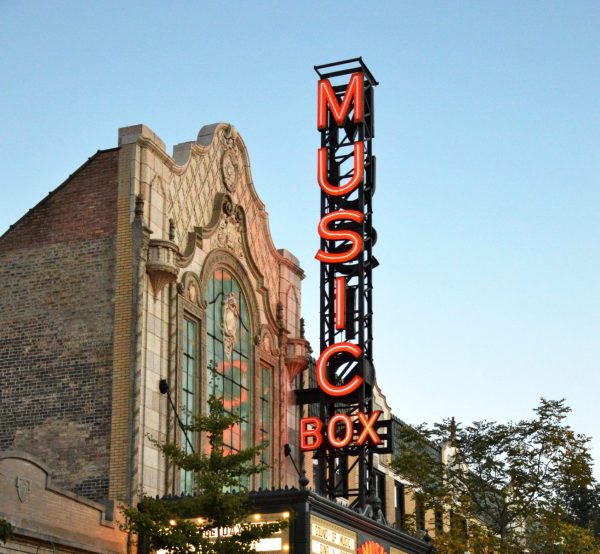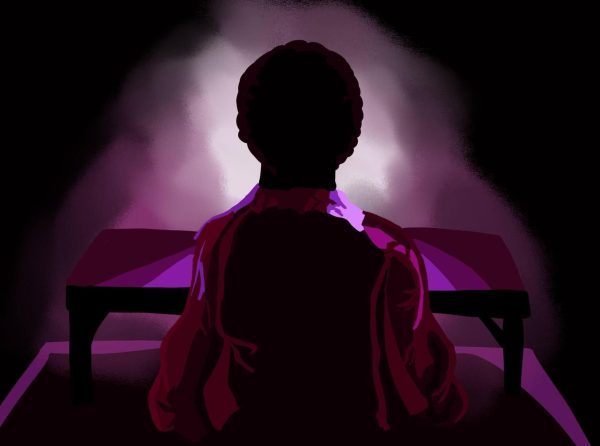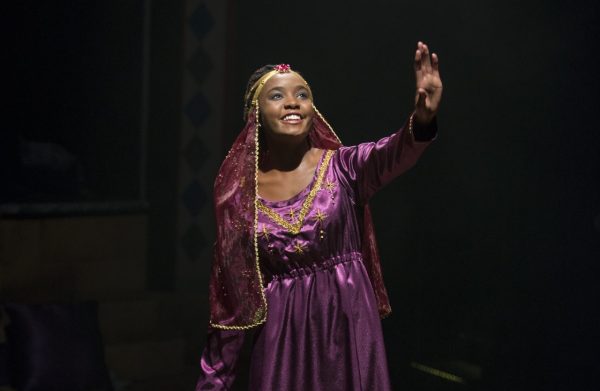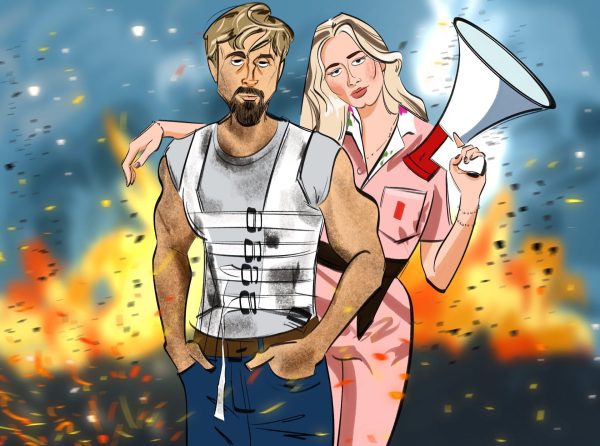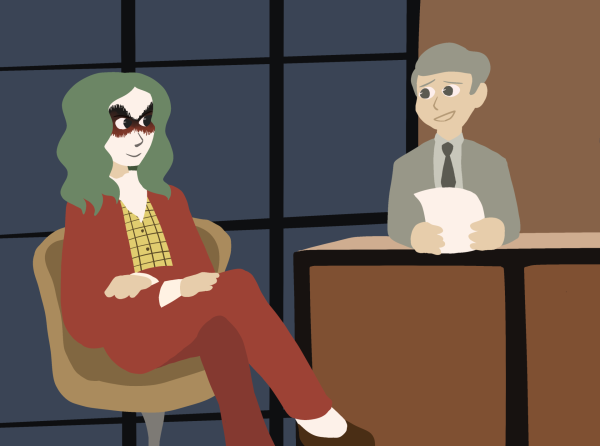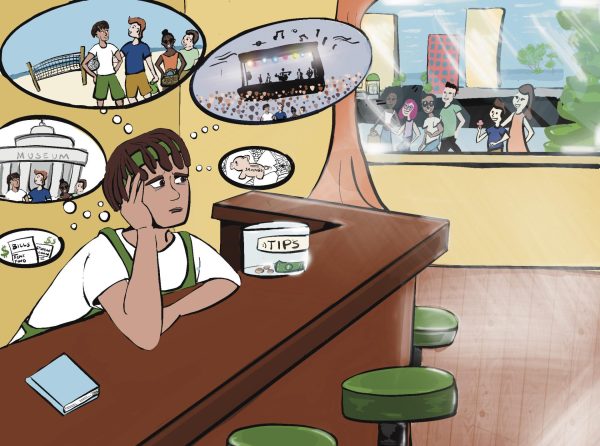Fandoms: the good, bad of today’s hyper-engaged audiences
Has “fan” become a dirty word? Once a marker of one’s passion for a film, tv show or franchise; now, an excuse to whine, demand and pester the world’s top creators. The rise of Internet culture has allowed fans unprecedented opportunities to discuss and criticize their favorite content, using everything from Twitter memes to Reddit subthreads.
I don’t question for a second the overall positivity of this fandom safe haven that’s been fostered in recent years. It’s brought thousands of people together to analyze and bond over some of the best stories and characters ever created. The recent — and outspoken — outrage of “Game of Thrones” fans, however, has left a question mark hanging: How much power, if any, should fans be given in the creative process, and where should the authority of fans be cut off?
Over the last two weeks, a Change.org petition that “Game of Thrones” fans made has circled the Internet, demanding that the show’s creators remake the entire final season to better please the fanbase.
“David Benioff and D.B. Weiss have proven themselves to be woefully incompetent writers,” the petition says. “This series deserves a final season that makes sense.”
The petition is not misdirected. Even the most casual “Game of Thrones” viewers have agreed that the show’s final season brought half-baked plot lines and a sharp decline in quality.
“‘Game of Thrones’ isn’t the show it once was, and that’s unfortunate,” says Dani Di Placido, senior television contributor for Forbes. “Speaking personally, it used to be my favorite show on television. It’s a great shame to see it burn out like a wet candle.”
Regardless of the quality of popular movies, tv shows, video games, etc., fans are not and have never been entitled to certain endings and answers. Believing otherwise completely defeats the purpose of entertainment to begin with. What would be the fun in watching “Game of Thrones” if every single plot line tied together exactly as we hoped?
Engaged viewership is practically defined by our ability to criticize shows as much as we praise them and question new installments as much as we eagerly await them. By demanding that they make all the rules, these fandoms are revolting against the very controversy that helps them thrive. Responses to the “Game of Thrones” finale alone have become a beautiful amalgamation of philosophical musings, clever memes and deep dives into the series’s extensive lore. We’re living in a time of unprecedented debate and engagement in the history of television.
“The opposite of cheering isn’t booing — it’s silence,” says Daniel Barber, chief strategy officer at the Tangent Agency. “Whether fans love ‘Game of Thrones’ or love to hate it, they’re hyper engaged.”
Of course it’s easy, through attachment to characters, settings and plotlines, to build strong emotional ties to fictitious worlds, but emotional ties don’t mandate authority over material. The creators of these shows have emotional ties to their stories like any other fans; it just so happens that they are — wait for it — the creators.
Like it or not, D.B. Weiss and David Benioff, two massive fans of George R.R. Martin’s “A Song of Ice and Fire” book series, took the initiative to turn those books into “Game of Thrones” and develop it into the behemoth of television it is today. As fans in their own right, their wishes just happen to reign supreme over those of other fans because of careful steps they took eight years ago.

I genuinely hope that the many resentful fans now berating the show’s outcome successfully create their own TV shows one day: shows that fulfill every last one of their hopes and desires. What a feeling.
When fans riot, whine and demand, entertainment industry revenue is jeopardized.
“If audiences are left as angry once the final episode has aired as they are now, any future plans for spinoffs and DVD sales could very well be in jeopardy,” says Barna William Donovan, professor in the Department of Communication and Media Culture at Saint Peter’s University. “Fan communities do not like to be let down by long-running franchises, and they have often shown that they are willing to walk away from entertainment that disappoints them.”
This sounds fairly trivial when framed as multimillion dollar television hub HBO losing some cash, but the results of such overstepped backlash from fans could have far more serious, real-world consequences. We’re talking people’s jobs here: crews’ salaries, cities whose economies thrive on local production initiatives and manufacturing plants for franchise merchandise. It’s a long chain of financial dependence.
Many have deemed the last several years a “golden age” of television. As TV budgets have increased, shows have begun wielding major star power and building intricate worlds, a la “Game of Thrones.” But it’s becoming apparent that this “golden age” is a double-edged sword.
Increased quality in television shows has spurred zealous devotees who have proved just as willing to rip a show to shreds as they are to worship it. From content nitpicking to outright petitioning, I’m sure we have yet to see all the implications of these new-age fan bases. In all mediums, but especially today’s television landscape, the merits of fandom are on wavering ground.




